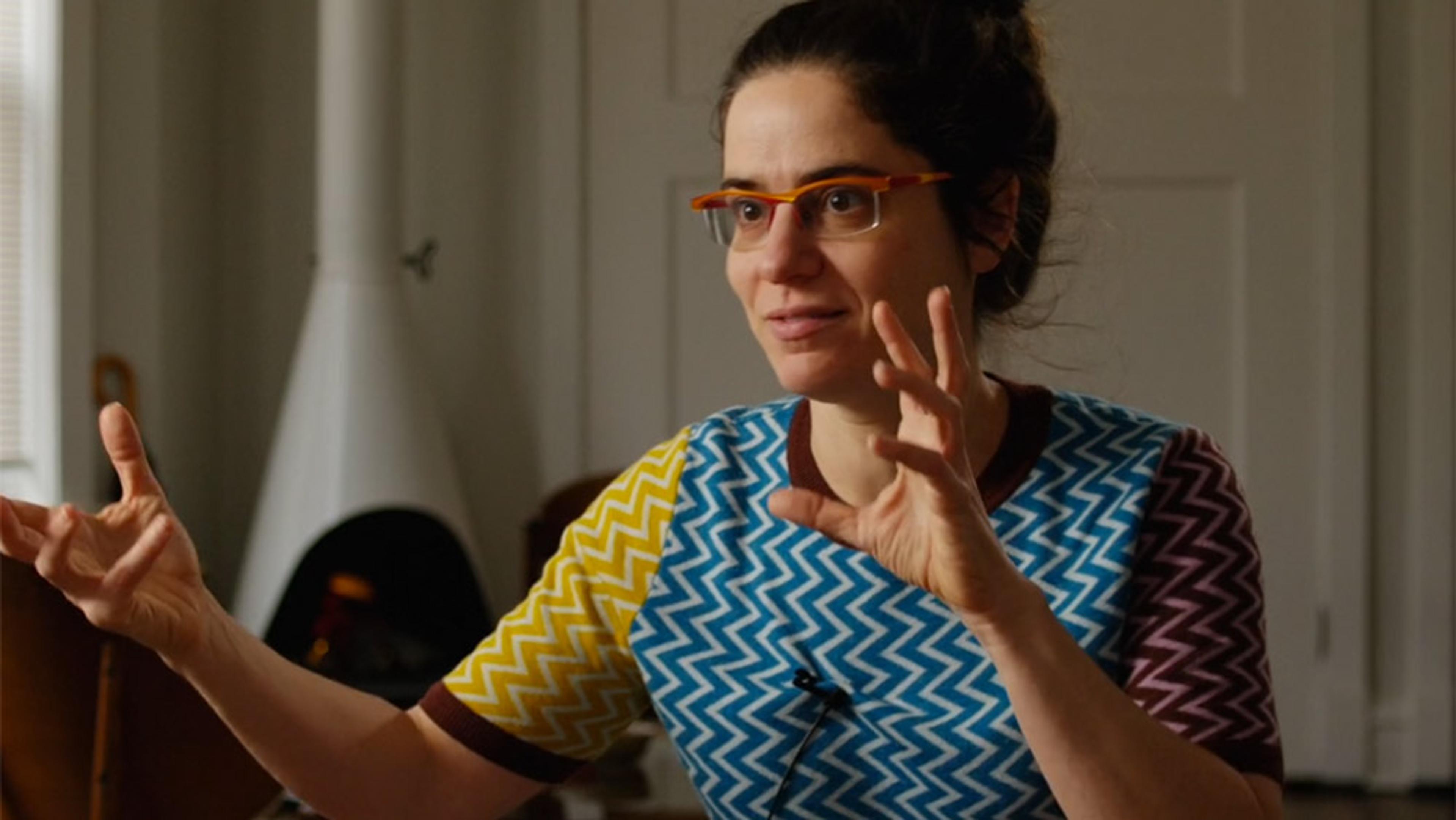How much power should a promise hold, and when – if ever – should a promise be broken? In this brief animation, Sarah Stroud, the director of the Parr Center for Ethics at the University of North Carolina at Chapel Hill, lays out a complex scenario in which a dying woman asks for, and receives, promises from her wife, including that she never remarry. From this starting point, Stroud explores how philosophers including John Locke, David Hume and John Rawls have viewed the role of promises in the social contract, and in so doing makes a compelling case that axioms such as ‘don’t make promises you don’t intend to keep’ perhaps shouldn’t always apply.
A deathbed scenario raises the question: how much power should a promise hold?

videoMeaning and the good life
Would immortality offer a curse of boredom or endless novelty?
6 minutes

videoEthics
Can a lie ever be noble? Why Kant believed even a life-saving fib was immoral
2 minutes

videoEthics
Plato saw little value in privacy. How do his ideas hold up in the information age?
5 minutes

videoLogic and probability
Chew over the prisoner’s dilemma and see if you can find the rational path out
6 minutes

videoAgeing and death
Demystifying death – a palliative care specialist’s practical guide to life’s end
4 minutes

videoValues and beliefs
How the philosophical paradox of aspiration is resolved by a new theory of self-creation
31 minutes

videoHistory of ideas
For proof that love is timeless, consider how long philosophers have debated it
6 minutes

videoPolitical philosophy
Beyond the veil – what rules would govern John Rawls’s ‘realistic Utopia’?
6 minutes

videoEthics
All’s not well that ends well – why Kant centred morality on motives, not outcomes
55 minutes